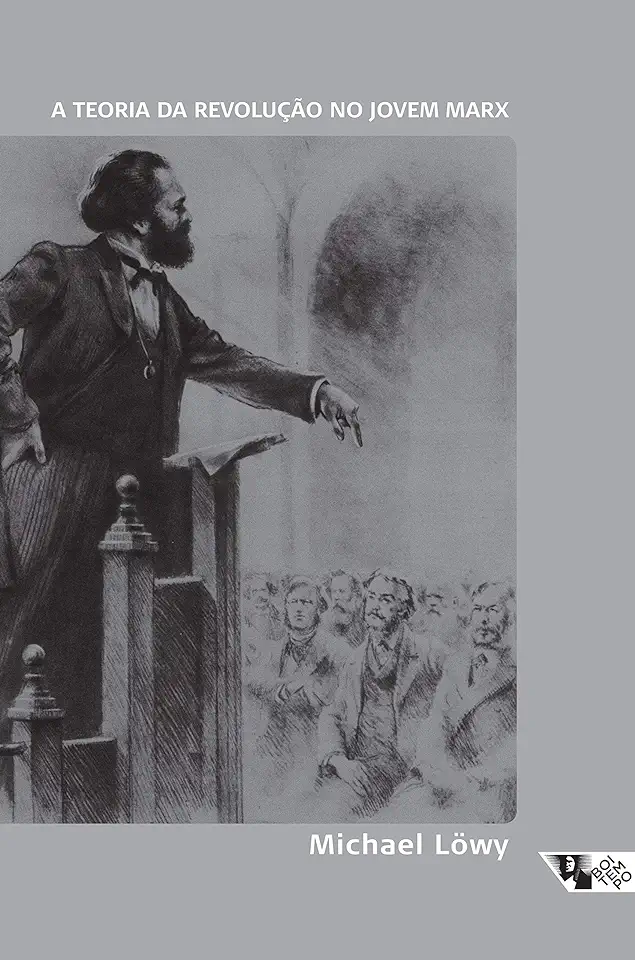
The Theory of Revolution in Young Marx - Michael Löwy
The Theory of Revolution in Young Marx: A Path-Breaking Study
In his groundbreaking work, "The Theory of Revolution in Young Marx," Michael Löwy offers a comprehensive and insightful analysis of the revolutionary ideas of Karl Marx during his early years. Löwy argues that Marx's early writings, particularly those from the 1840s, contain a distinct theory of revolution that is rooted in the critique of capitalism and the emancipation of the working class.
Marx's Critique of Capitalism
Löwy begins by examining Marx's critique of capitalism, which he argues is the foundation of his revolutionary theory. Marx's analysis of capitalism reveals the inherent contradictions and exploitative nature of the system, particularly the alienation of workers from their labor and the concentration of wealth in the hands of a few. This critique leads Marx to the conclusion that capitalism is not simply an economic system, but also a social and political order that must be overthrown.
The Proletariat as the Revolutionary Subject
Central to Marx's theory of revolution is the concept of the proletariat as the revolutionary subject. Löwy argues that Marx saw the working class as the driving force of revolutionary change due to its position within the capitalist system. The proletariat, as the most exploited and oppressed class, has the potential to become a revolutionary force capable of overthrowing capitalism and establishing a new society.
The Role of Class Struggle
Löwy emphasizes the significance of class struggle in Marx's theory of revolution. He argues that Marx viewed class struggle as the motor of historical change and the means by which the proletariat would achieve its revolutionary goals. Class struggle, according to Marx, is not merely a conflict over economic interests, but also a political and ideological struggle for power.
The Concept of Permanent Revolution
Löwy explores Marx's concept of permanent revolution, which he argues is a key element of his early revolutionary theory. Permanent revolution refers to the idea that the bourgeois-democratic revolution, which aims to overthrow feudalism and establish capitalism, must be immediately followed by a socialist revolution that overthrows capitalism and establishes a communist society. This concept challenges the traditional view of a two-stage revolution and highlights the need for a continuous revolutionary process.
The Significance of Marx's Early Writings
Löwy concludes by emphasizing the significance of Marx's early writings for understanding his overall intellectual development and his contributions to revolutionary theory. He argues that Marx's early ideas provide a foundation for his later works, such as "Capital," and offer valuable insights into the dynamics of social change and the potential for revolutionary transformation.
Why You Should Read "The Theory of Revolution in Young Marx"
"The Theory of Revolution in Young Marx" is a must-read for anyone interested in the history of revolutionary thought, Marxism, and social change. Löwy's meticulous research and insightful analysis provide a comprehensive understanding of Marx's early revolutionary ideas and their relevance to contemporary struggles for social justice and emancipation. This book is a valuable resource for scholars, activists, and anyone seeking to deepen their understanding of the revolutionary potential of the working class.
Enjoyed the summary? Discover all the details and take your reading to the next level — [click here to view the book on Amazon!]